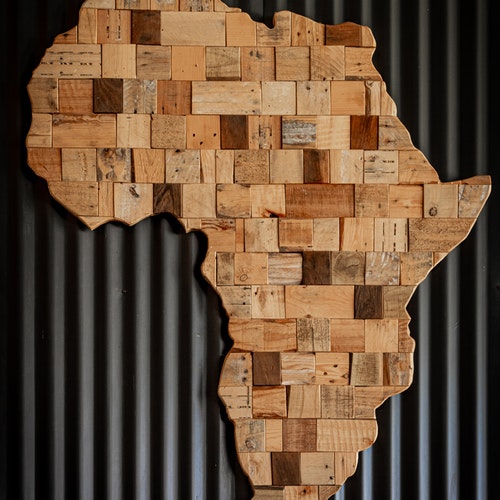G7 performance on Africa
Recent years have seen the G7 adopt a renewed inclusive format regarding Africa, which has driven higher compliance and produced clearer, more concise commitments. Brittaney Warren, director of compliance, G7 Research Group, shares the data
French president Emmanuel Macron chose the overarching theme of inequality for the G7 summit that he will host on 24–26 August in Biarritz. He also seeks to create a “renewed format” to enhance the G7’s inclusivity, by expanding the group to include systemically important democracies and African partners. South Africa is one of the four invited major democracies. Burkina Faso, Egypt, Senegal and Rwanda are the invited African partners, selected due to their recent or current chairing roles in African regional organisations. These countries will be engaged on sustainable development, especially jobs for youth and women, education, health, and digital and financial inclusion. France will also engage with South Africa on digitalisation, climate change, biodiversity and oceans.
How successful will this new format be for Africa? A look at the G7’s past performance on African governance provides some insight.
Conclusions
The G7 first referred to Africa in 1980, dedicating 89 words in its communiqué. In 1984, another 51 words appeared. Attention to Africa rose in 1985 to 244 words, beginning a second phase of a fluctuating rise in attention to Africa that peaked at 1,228 words in 1997. The third phase started in 2002, when G7 leaders dedicated a historic high of 6,711 words to Africa. Between 2002 and 2009 attention to Africa remained high, never going below 1,000 words. A fourth, weaker phase began in 2010. Of the eight summits between 2010 and 2018, just three dedicated more than 1,000 words to Africa; five had fewer, reaching as low as 361 words in 2018.
Commitments
From these deliberations came 355 collective, future-oriented, politically binding commitments on Africa as identified by the G7 Research Group. In the first phase, between 1985 and 2001, the G7 made just 25 commitments on Africa. In 2002, the start of the second phase, the number of commitments jumped to 87. Although only three commitments were made in 2003, there were 19 in 2004 and 46 in 2005. This rollercoaster pattern continued until 2009, but never dropped below 19. Thus the second phase, between 2002 and 2009, produced 269 commitments. However, the third phase, between 2010 and 2018, saw another drop, as its eight summits had only 61 commitments on Africa.
Compliance
The G7 Research Group has assessed 42 of the 355 commitments on Africa for compliance by G7 members and found an average of 76%, similar to the 75% average over all issues. The first assessed commitment was made at the 1997 summit, with 50% compliance, and the second was from the 2001 summit, with 100%. Between 2002 and 2007 compliance stayed between 70% and 82%. In 2008 it dropped to 63%, but then steadily rose to a high of 88% in 2017. Six months after the 2018 summit, compliance on the one assessed commitment related to Africa had 100% compliance.
Corrections
To sustain and strengthen this recent high compliance, the G7 should ensure that the renewed inclusive format succeeds. It can do so by adopting the recommendations made by Africans themselves. Preliminary research by the G20 Research Group has found that in the G20, which includes G7 members and South Africa, compliance is slightly higher when the leaders take the advice of the Think 20, a group of academic and other experts with in-depth knowledge in their respective fields. This resource could be applied to the G7 context, with the invited African countries and heads of African organisations considered the field experts. The Think 7 met for the first time under the 2018 presidency and met for a second time this year.
G7 leaders should adopt these recommendations in the form of clear, concise commitments. They should be selective, making fewer Africa-related commitments but with more focus, quality and potential impact. Indeed, the six summits with the highest compliance – 87% – generated 101 commitments, and the seven summits with the lowest compliance – 67% – had almost twice as many.
Furthermore, governing with African experts rather than for Africa could open the door for reconciliation between Africa and the democratic, human rights–focused G7, some of whose members owe a historic debt to the African slaves whose forced labour was a significant source of the wealth and status that these members enjoy today.
For more information click here












